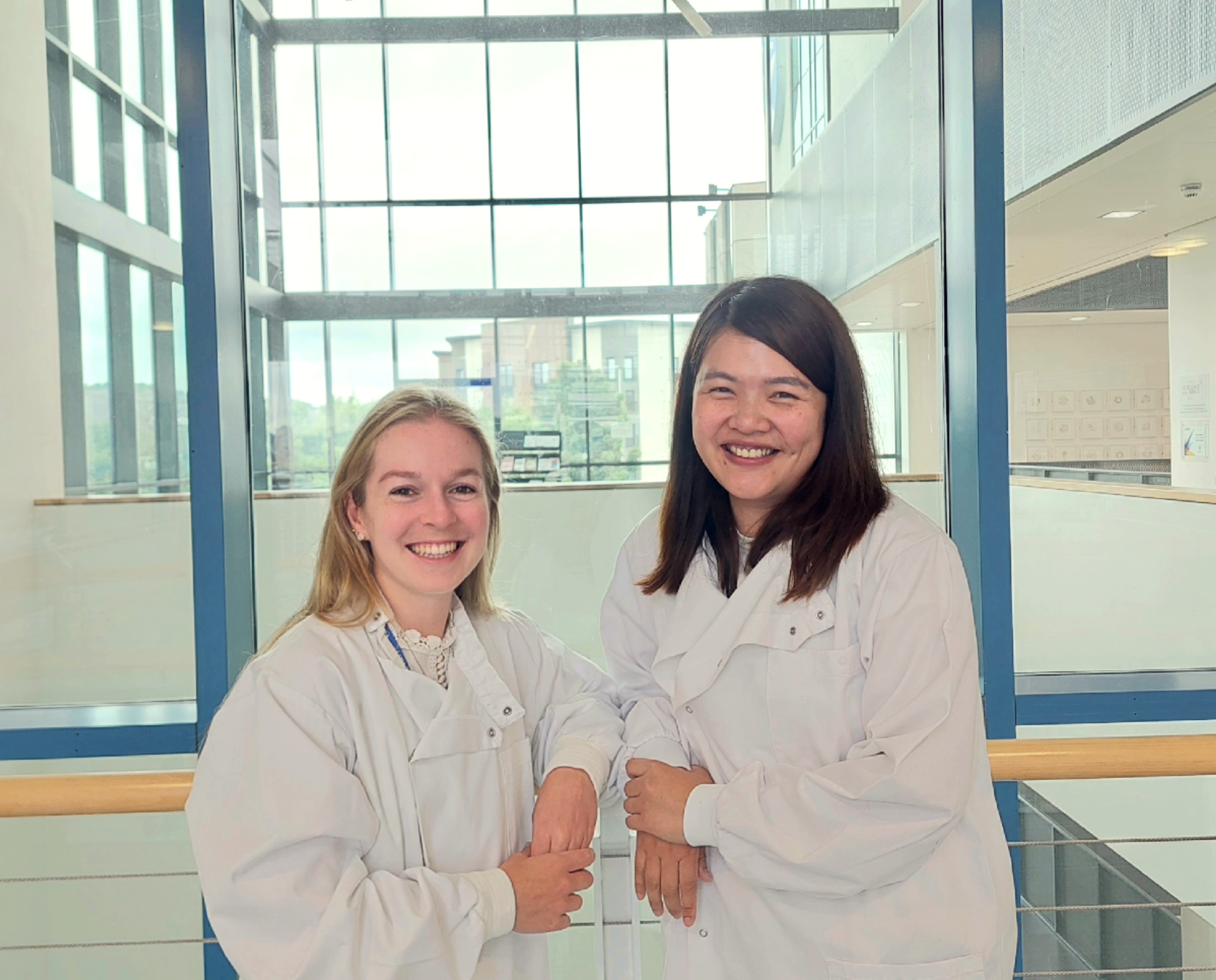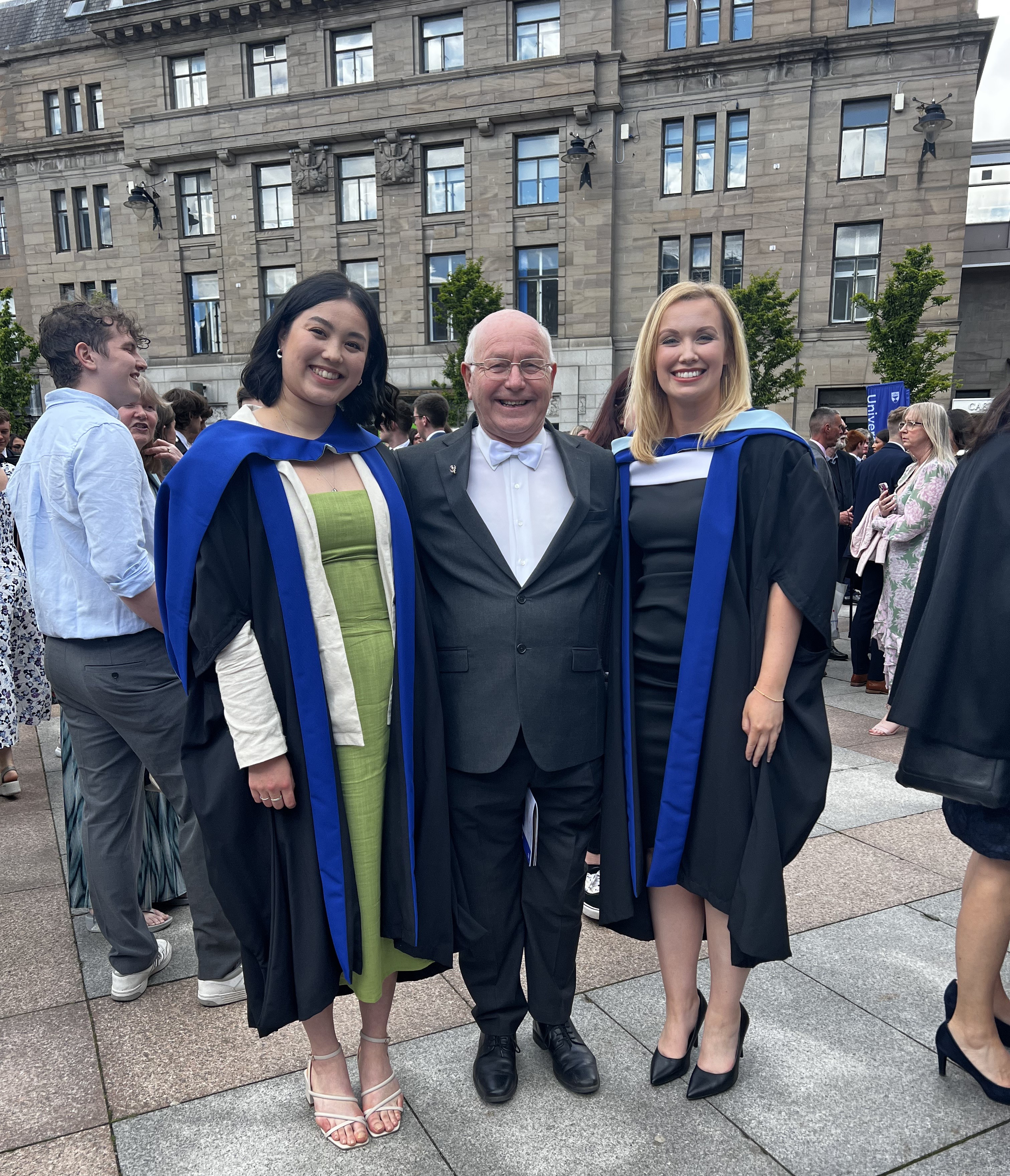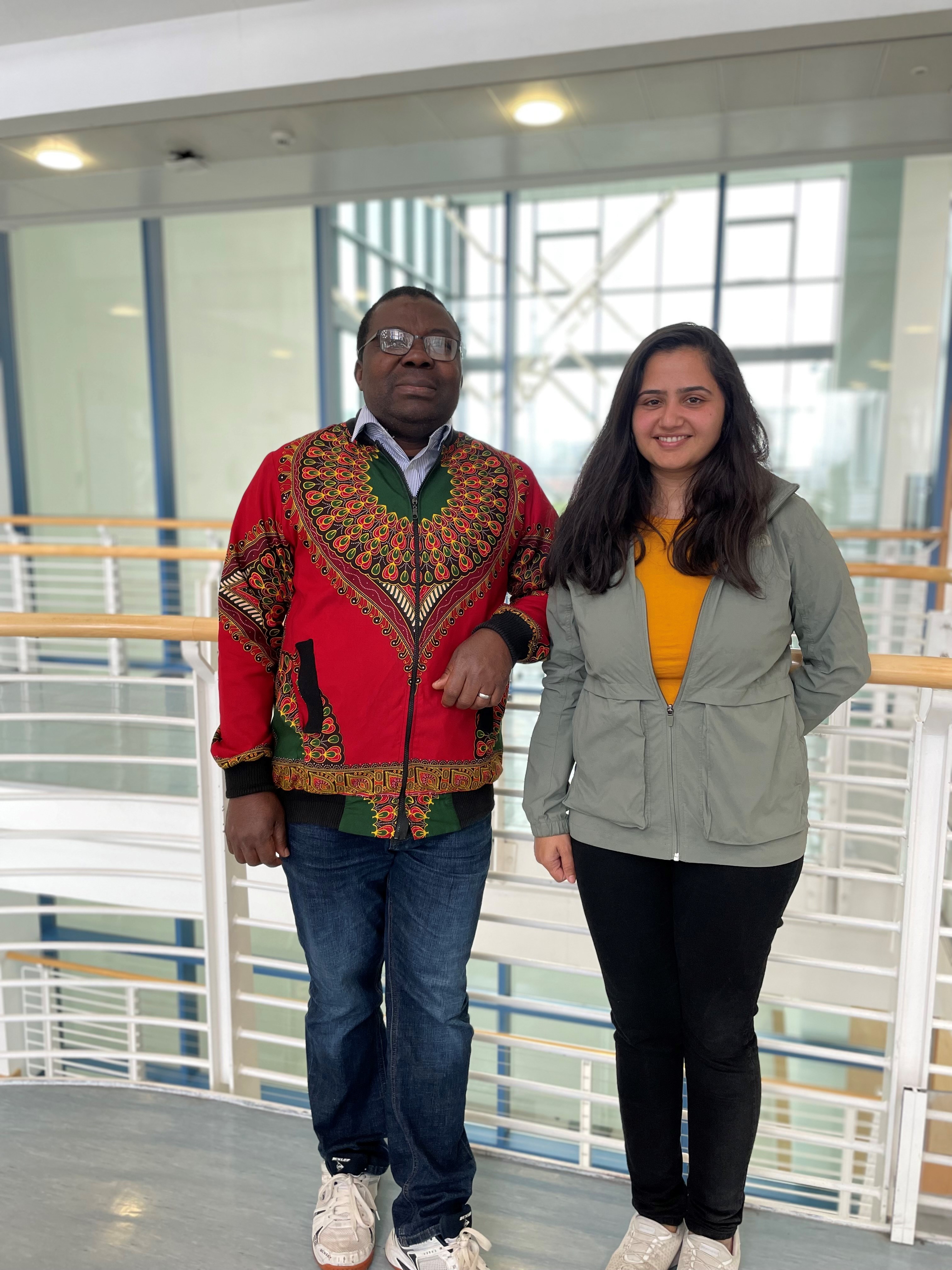In a new discovery, scientists from the Sapkota lab, in collaboration with a team of clinicians led by Dr. Amaia Lasa-Aranzasti at Vall d'Hebron University Hospital in Barcelona, have uncovered how a novel a genetic mutation is responsible for causing a rare skin disorder known as palmoplantar keratoderma (PPK).
…moreNews
In a remarkable advancement for rewiring cellular signalling, researchers from the Sapkota Lab have developed a novel approach to precisely control the levels of protein phosphorylation.
…more

Congratulations to Mirela Delibegovic, who undertook her PhD training in the MRC PPU in Tricia Cohen's laboratory from 1999 to 2003, who has been appointed by the First Minister of Scotland and His Majesty the King to a Regius Chair of Physiology at the University of Aberdeen. This is one of the most prestigious academic appointments in the UK academic system.
…more
We are delighted to announce that Arpan Mehta and Raja Nirujogi, within months of being appointed as Independent Investigators at the MRC PP
…moreWe are delighted to announce that Arpan Mehta and Raja Nirujogi, within months of being appointed as Independent Investigators at the MRC PP
…moreElisha McCrory and Catriona Aitken with Philip Cohen outside the Caird Hall, Dundee after being awarded their PhD degrees at a graduation ceremony by Chancellor of the University of Dundee, Lord Robertson of Port Ellen. Elisha and Catriona are the 50th and 51st students to receive their PhDs under Philip’s supervision.
…more2024 represents the 20th anniversary since the first report of autosomal recessive mutations in the PINK1 kinase in Parkinson’s disease by the lab of Nick Wood.
…moreGreg Findlay, Principal Investigator in the MRC Protein Phosphorylation and Ubiquitylation Unit (MRC PPU), has been promoted to Reader. Greg’s team aims to understand how dysregulated cell communication causes neurodevelopmental disorders that lead to intellectual disability and other problems.
…moreDavid Komander becomes our first MRC PPU PhD student to be elected to the Royal Society.
David undertook his PhD studies with Dario Alessi and Daan van Aalten between 2002-2005 characterising the structure, regulation and function of 3-phosphoinositide dependent protein kinase-1 (PDK1).
…more









